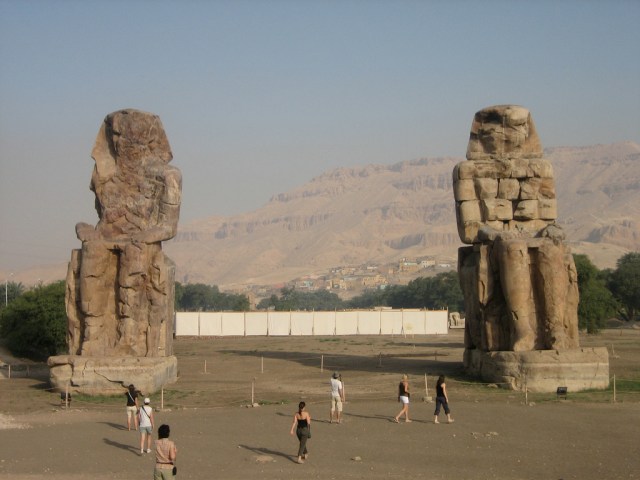They play an unacknowledged part in our universe, yet when they vanish few remember them, and there are no records of what they looked like or contain.
For the last few years, there have been a number of websites which contain large numbers of books in PDF or other format, making them available for free download. The books are often (but not always) in copyright.
Here’s a screen shot of one of them, which I was sent.
I’m giving this, because these sites vanish quickly, and in a few years time, we may be curious to see what was available in the “Wild West” days of the internet!
Few of us could afford to purchase all the material held here, or even much of it. As library facilities collapse, as inter-library loans become prohibitively dear, such sites are invaluable to researchers who live in rural areas or do not have access to the very extensive (and expensive) collections of major research libraries.
The prices demanded for academic eBooks are very high, when you consider that they require no manufacturing process, and cost nothing to distribute. It is not unusual to see a frivolous demand for an eBook which is the same as that for a paper copy. Such greed naturally creates incentives for piracy.
In some countries the ruling elite behaves as if it is almost entirely uninterested in the welfare of the general public. In Germany the elite have made that clear by importing 1 million able-bodied foreigners in one year and quartering them on the hapless German population. That’s not going to be good for the Germans; but clearly there is profit to the elite in votes and cheap labour.
But that German elite has the same contempt when it comes to learning, for it has allowed the publishing companies to dictate some of the most oppressive “copyright” laws in the world. One consequence of this is that there is really very little of use on the German internet. Another consequence is that Google Books is basically useless outside the USA.
In fact there is not even much Wifi in Germany, because those same greedy publishers made “laws” such that Wifi hotspots were legally responsible for ensuring that only “legal” content could be viewed, despite the free-for-all nature of the internet. (Although the elite have realised that this is inconvenient to themselves, so are going to rescind that particular despotic law). To the German elite, seemingly, the German people are just cattle and sheep, to be fleeced.
But it is not just Germany, although that country is singularly unfortunate. The same attitude may be found among the ruling elite in many countries, including the USA.
One symptom of this disconnect is the banning of pirate PDF websites, at the behest of publishers, without considering what the public welfare really is, or should be. Education is essential. Books are essential for education. Yet access to books is obstructed by the greed of companies that charge impossible prices for textbooks.
I don’t know what the answer is. But I really wish that our ruling elites would address it.




